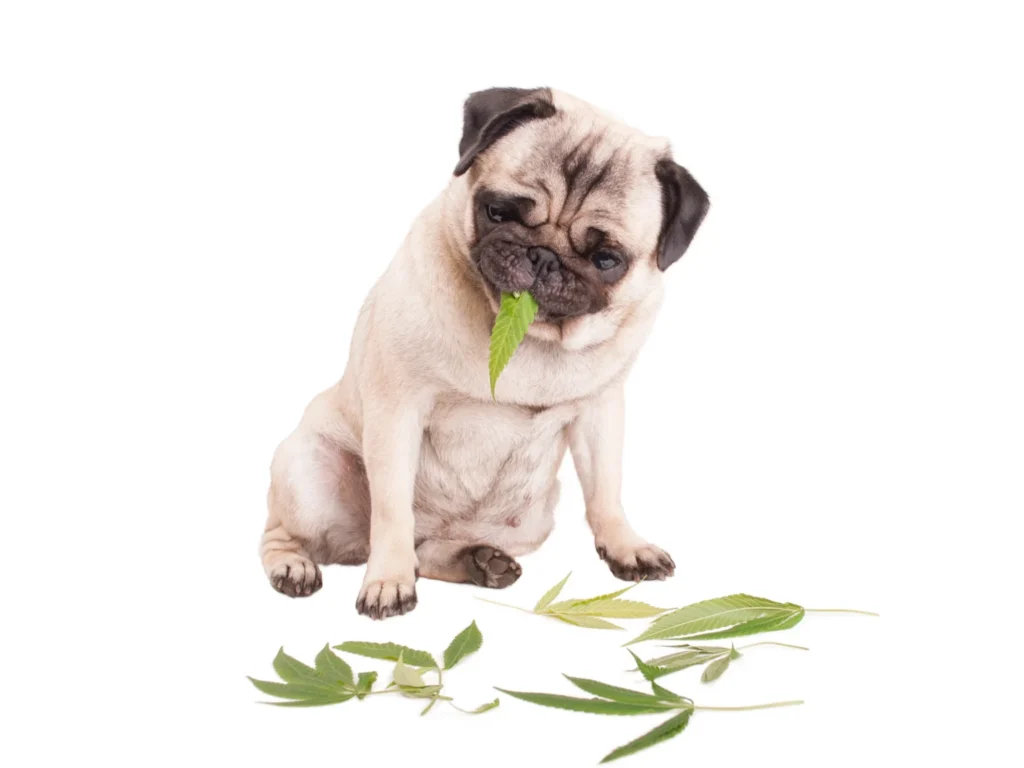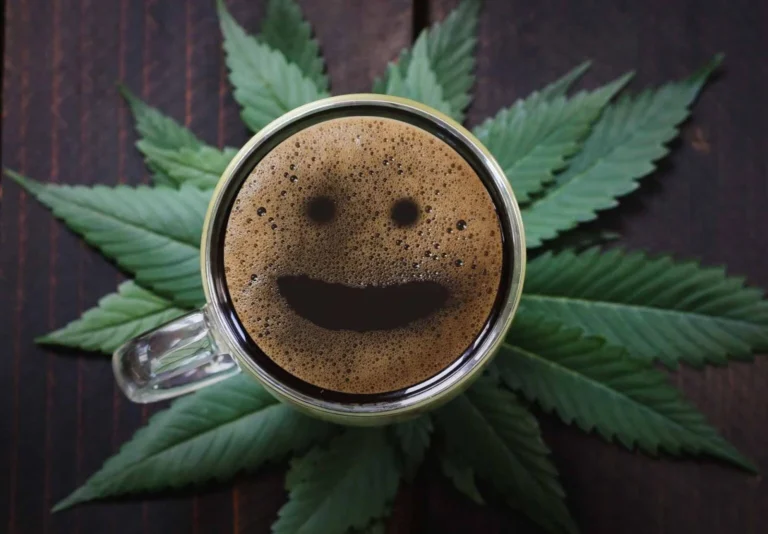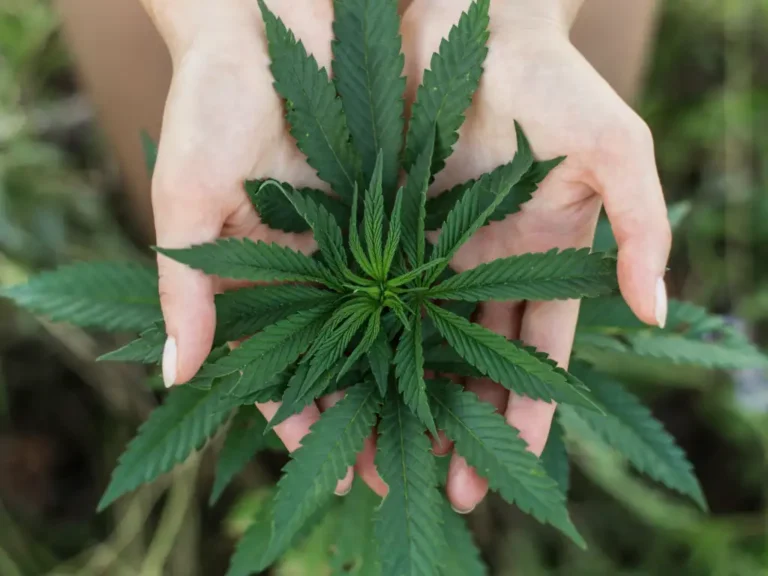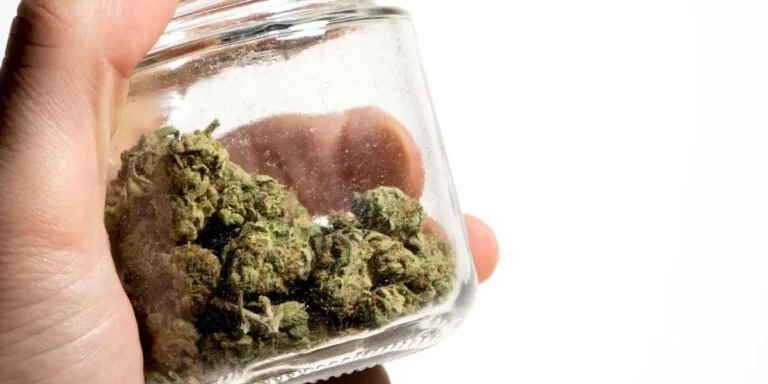Dog Ate Delta 9 Gummies What To Do
As Delta 9 THC-infused edibles like gummies become more popular, curious pets—especially dogs—are at a higher risk of accidentally ingesting these treats. Dogs are far more sensitive to THC than humans, and even small doses can lead to adverse effects or toxicity. If your dog has consumed Delta 9 THC gummies, quick response and awareness of the necessary steps are crucial for their safety.
Recognizing THC Toxicity in Dogs
Delta 9 THC, the psychoactive component in cannabis, can trigger strong reactions in dogs due to their unique physiology and heightened sensitivity to cannabinoids. Key signs of THC toxicity in dogs include lethargy, loss of coordination, excessive drooling, dilated pupils, urinary incontinence, and trembling. In severe cases, dogs may experience seizures, intense vomiting, or even coma. Symptoms can appear within 30 minutes to a few hours after ingestion, depending on the dog’s size, metabolism, and the potency of the gummy.
Dogs who consume THC may exhibit unusual behaviors like extreme sedation, disorientation, or unexpected excitement. If you notice any of these signs, don’t wait—prompt action and early intervention are essential to avoid serious complications.
First Steps After Ingestion
The first and most critical step is to stay calm. Panicking can add unnecessary stress, potentially intensifying your dog’s symptoms. Once you’re settled, provide your dog with a safe, quiet space—keeping them calm and still can help stabilize the situation.
It’s also essential to determine how much Delta 9 THC your dog has consumed. If you can, check the packaging to identify the THC concentration per gummy and estimate the amount ingested. This information will be extremely useful for the veterinarian.

When to Contact a Veterinarian
If your dog ingests THC, reaching out to a veterinarian should be your top priority. Even when symptoms seem minor, consulting with a professional is essential, as they can assess the risks based on your dog’s age, size, and overall health. Veterinarians are well-versed in handling cannabinoid toxicity and can advise on whether your pet needs immediate treatment or if at-home care is sufficient. If the THC dose is high or unknown, prompt veterinary assistance is the safest course of action.
If you cannot immediately contact a veterinarian, consider calling a pet poison control hotline. These services are available 24/7 and offer critical guidance for accidental ingestion.
Common Treatment Options
For mild cases, a veterinarian might suggest at-home care, such as close monitoring and ensuring your dog stays hydrated. Keeping your pet in a calm, dimly lit area can help ease symptoms by reducing sensory input, which may otherwise intensify THC’s effects.
In more severe cases, veterinarians may use treatments like activated charcoal to bind THC and prevent further absorption. IV fluids can be administered to help flush the toxin, stabilize heart rate, and support hydration. Additional medications, such as anti-nausea drugs, may be given to control vomiting, and sedatives may be used in extreme cases to manage anxiety or agitation.
Expected Recovery and Prognosis
Most dogs recover from THC exposure within 24 to 48 hours with appropriate care and monitoring. However, older dogs or those with existing health conditions may take longer to recover. A veterinarian’s guidance can be vital to ensure the best outcome. In cases involving higher doses, dogs may require extended observation, but with timely treatment, most pets make a full recovery without long-term issues.
Keeping a close watch on your pet even after initial treatment is advised, as lingering effects can occur. Offering fresh water and small portions of bland food can support hydration and provide energy during recovery.
Preventing Future Incidents
As Delta 9 THC products become more accessible, prevention is key to keeping pets safe. Store THC-infused products like gummies in secure, pet-proof containers, out of reach, in high or locked cabinets. Make sure everyone in the household and visitors understand the importance of safely storing edibles, as even a brief oversight can lead to accidental ingestion.
For households where Delta 9 products are frequently used, child-proof packaging offers an additional layer of security. Setting a rule to keep THC products out of pet-accessible areas can greatly reduce the risk of accidental ingestion.
Final Thoughts
If your dog consumes Delta 9 THC gummies, staying calm and acting quickly is essential. Prompt evaluation, veterinary consultation, and symptom awareness can make all the difference in managing the situation. Taking preventive measures to store THC edibles securely helps ensure your pet’s safety and promotes a THC-free environment for your furry friend.






